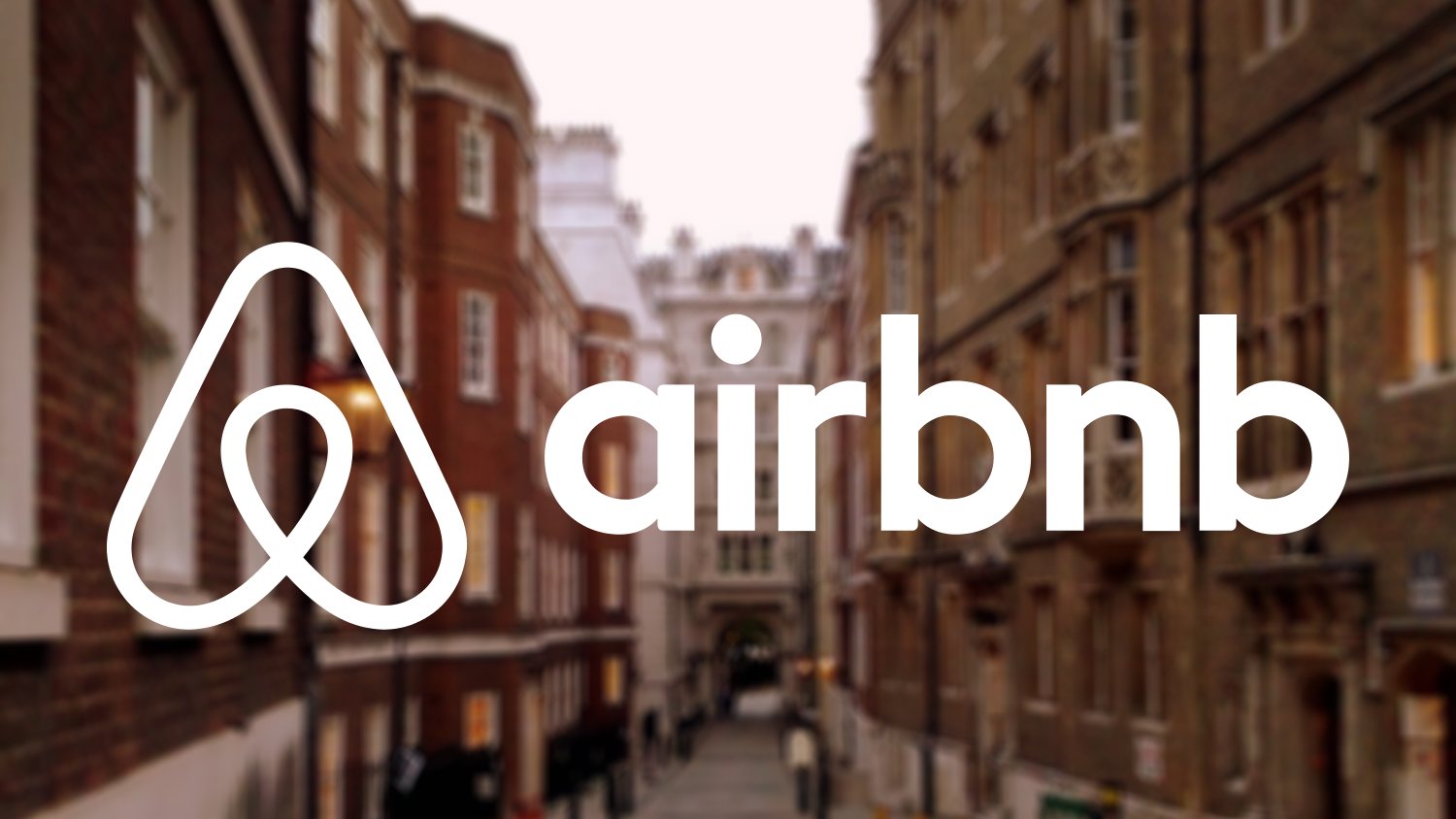(Photo from : dwglogo.com)
On the start-up scene, Airbnb is mentioned in the same breath as Uber. The start-ups which have revolutionized an industry and are on their way to be the next Google or Apple. With a current valuation of $30 Billion (based on the last round of valuation in 2015), and over 2,000,000 listings according to the company website, one is hard pressed to still label Airbnb as a start-up. Turnover has reached $900 million in 2015 and is estimated at $1.7 Billion for 2016. All the facts and figures aside, Airbnb offers all kind of people a way of immersing themselves in the local culture and get great value for money.
To add a little personal flair; I used Airbnb for a trip to Milan. The place was great for the price that I paid and close to all the things that I needed to go. Friends of mine dropped off my girlfriend on their way down to Tuscany and she spent the remaining two days with me. The host had no problem with this, potentially because he did not check up on me again. That is one of the advantages of Airbnb, the amount of flexibility you have compared to normal hotels. Plus the fact that you aren’t limited by breakfast times is also great. Instead I went for a coffee and croissant around the corner to a local bakery.
On a note on safety; there of course will be dodgy listings. However, through the review process, Verified ID and link to Social media, the risks are minimized. The listings might be slightly off, as would be expected, however in the most cases the threat of a negative review will ensure quality. Regarding finances, as you pay through the site your money is safe with the host only receiving the funds 24 hours after you have checked in. There is also a 24 customer hotline for all users, hosts and guests which seems to be extremely helpful.
Although it may be attractive as of now, Airbnb is facing an uphill battle in certain states. Hotels don’t officially claim that they are concerned about Airbnb, but The Economist estimated that by 2016, Airbnb could be taking 10% out of the revenue of budget hotels. Furthermore, with Airbnb looking to expand its business clientele, the risk to the established industry is growing. Google for example gives its employees a budget for every trip, any money not spent is either donated to a charity or can be redeemed for flight upgrades. Therefore, more and more businesses are incentivizing their employees to be thrifty. To add to this, several cities such as Amsterdam or whole countries like the UK and France have passed laws to accommodate this novel way of attracting tourists.
One could summarize Airbnb quite easily: a start-up that is no longer a start-up but a serious contender in the travelling business. For students this only means positives, whether Airbnb survives or not, while it lasts it forces budget hotel prices down and if you want to use the service offers everything from a mud house in the central American country of Belize, a Fiji island or mansions for upwards of $5,000 dollars. However, in most larger cities a student will easily find something that suits their budget. It’s also a great way to be a bit more involved in the local culture and meet new people if you so desire.
By Tim Knickmann

